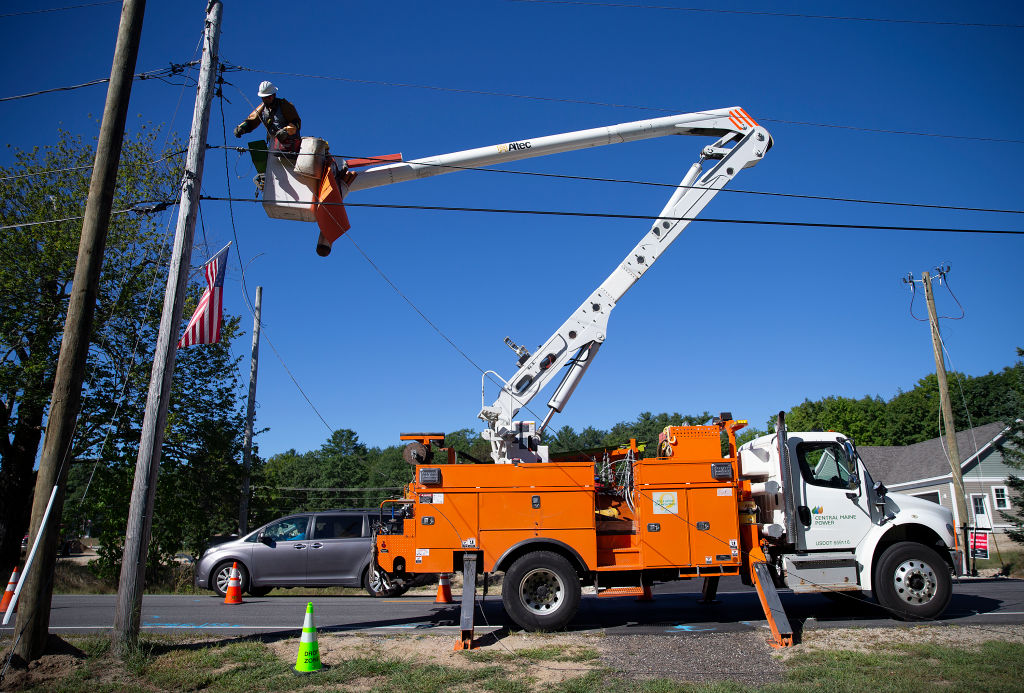You might be hard-pressed to find anyone who actually likes their power company; rates just keep going up even as many utilities drag their feet on allowing renewable energy projects to connect to the grid. There’s a reason for that: utilities are one of the last monopolies allowed in the U.S., so many consumers have no choice about what company sells them their electricity.
[time-brightcove not-tgx=”true”]
But doing anything about your utility’s problems is a herculean undertaking, as Maine environmental groups discovered when they asked voters on Nov. 7 to replace the state’s investor-owned utilities, Central Maine Power and Versant, with a consumer-owned nonprofit utility called Pine Tree Power. Nearly 70% of voters voted “no,” a result that may seem surprising in a state where the two investor-owned utilities are widely reviled; Central Maine Power ranked last of large utilities in the East for customer satisfaction four years in a row.
Advocates for Pine Tree Power called Tuesday’s vote “the most important climate election in the country this year” but the utilities spent more than $34 million opposing the referendum, and the election may have come down to money. And not just campaign spending. An independent analysis estimated it could cost Maine anywhere from $6 billion to $13 billion to buy out the two utilities, which could have led to higher rates initially. Maine’s Governor, Janet Mills, a Democrat, opposed the effort.
Maine isn’t unique in getting cold feet with the idea of replacing hated utility companies; between 2000 and 2019, 60 different U.S. communities considered “municipalization”— essentially buying out an investor-owned utility and making it locally-owned. Just nine actually did it, according to a study by Concentric Electricity Advisors. One major reason why is because buying out a utility turns out to be very expensive, and can, at least at the start, drive rates up for consumers.
That doesn’t mean there’s no way for consumers to change their power companies, though. Utilities might be monopolies, but they’re also regulated, and every state has a commission that oversees its utility and ostensibly listens to public input. Attending Public Utility Commission (PUC) meetings (yes, it sounds dull), and getting consumer advocates elected to PUCs can go a long way toward pushing change. In December 2022, for example, Louisiana voters rejected an incumbent for the state’s utility regulator and replaced him with Davante Lewis, an activist who spoke up for green energy and criticized the utility commission for not holding companies accountable. Elections matter, even if Maine environmentalists may not feel that way right now.
A version of this story also appears in the Climate is Everything newsletter. To sign up, click here.

